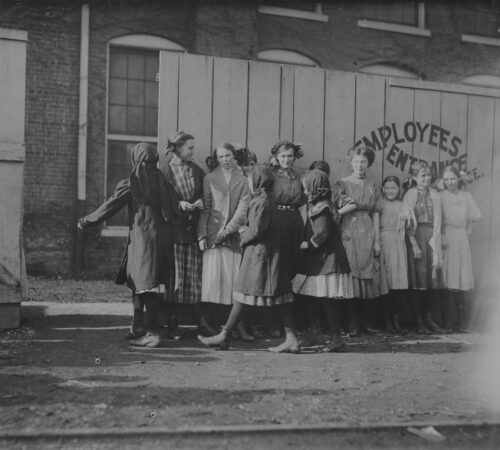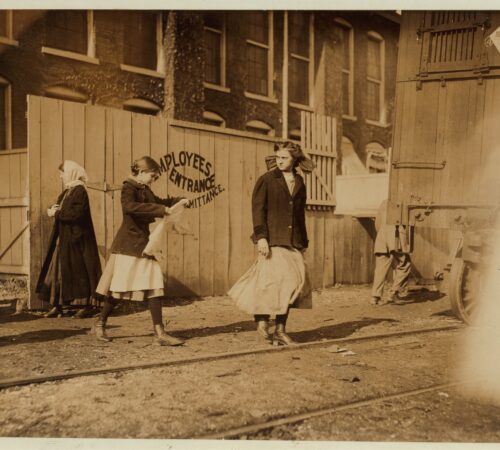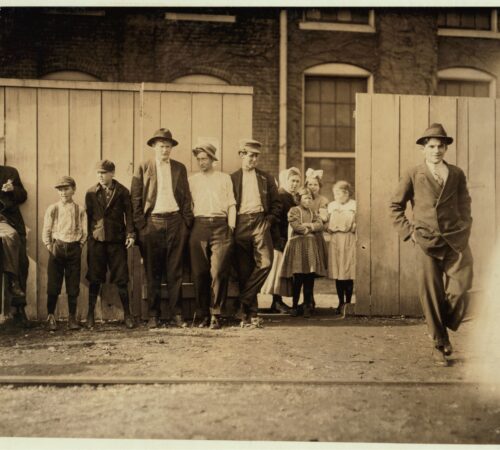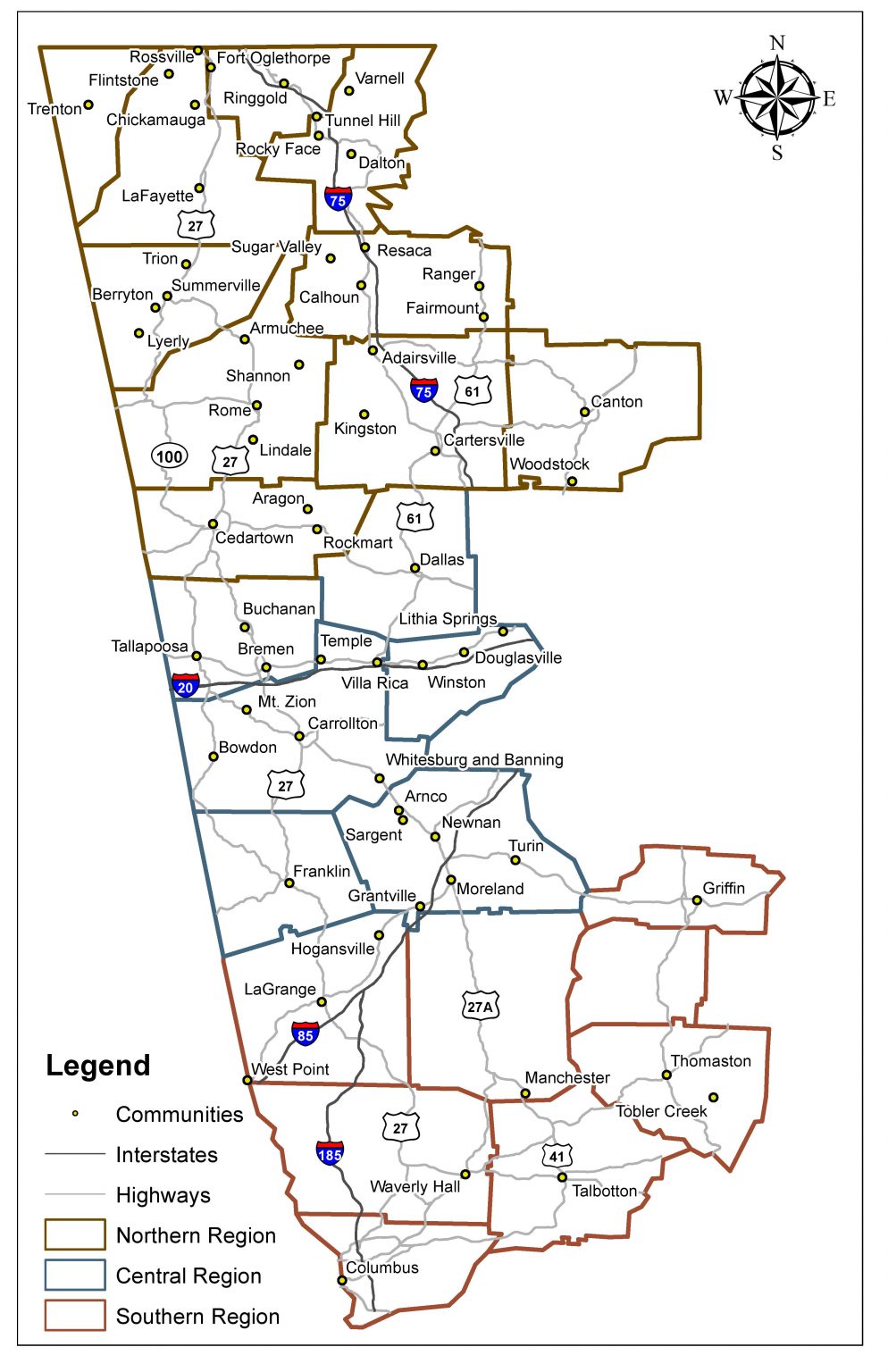Visit a community whose textile industry is older than the town itself!
Rossville’s textile industry began in the late 1800s with the construction of the Richmond Hosiery Mill. This mill is considered one of the oldest and largest mills in the region. Soon after the hosiery mill was constructed, Peerless Woolen Mills was established, and it eventually led the textile industry in woolen products. This mill shut down in the late 1960s.
Visit
Places to See
The following properties are not open to the public, but you can view them from the exterior to learn more about the buildings that supported the textile industry here.
- Park Woolen Mills/American Textile Woolen Company, 108 West Gordon Avenue: This hundred-year-old mill is still intact and can be seen from the street.
- Peerless Woolen Mills, 555 McFarland Avenue: This location is now privately owned and is not open to the public. Peerless Mills can still be viewed safely from the street. The mill was purchased by the Hutcherson family in 2012.
History
Rossville’s textile history began in the late 1800s. Richmond Hosiery Mill, established here in 1898, was one of the largest and oldest textile mills in Northwest Georgia. The mill produced socks for men, women, and a unique section of the mill was dedicated to making hosiery for “misses”. The mill employed 400 men, women, and children in 1910 and 700 by 1922. Richmond Hosiery Mill and the many young children whom the company employed were the subjects of Lewis Wick Hines’ historic pictorial survey of child labor in American industry.
In 1905, the same year that the city of Rossville was incorporated, John L.
Hutcheson Sr. established Peerless Woolen Mills. Peerless Woolen Mills was the primary manufacturer for blankets for the armed forces during World War II. Peerless claimed to be the largest single-unit mill in the world by the 1950s, leading the textile industry in woolen products.
In 1952, the Hutcheson family sold Peerless Woolen Mills to Burlington Industries. Textile workers in Rossville began to feel the strain from competition in overseas markets and voted to unionize in August of 1961. Strongly against organized labor, Burlington Industries made plans to close the plant by the end of 1961.
In an attempt to save one of Rossville’s largest employers, local businessmen tried to identify one large company to buy the plant but their efforts proved unsuccessful. Instead, dozens of smaller textile-related companies purchased the plant and leased out the space. A large part of the plant burned in 1967 after a fire broke out from a short-circuiting piece of equipment.
Charter Trail Members
Resources to Explore
Click on the following links to learn more about this region.
- Facts for Kids
- Digital Library of Georgia
- Georgia Archives Virtual Vault
- Georgia Historical Society
- Walker County, New Georgia Encyclopedia
Back to Community List
Email the Trail at wgtht@westga.edu or visit our Contact Us page for more information.



